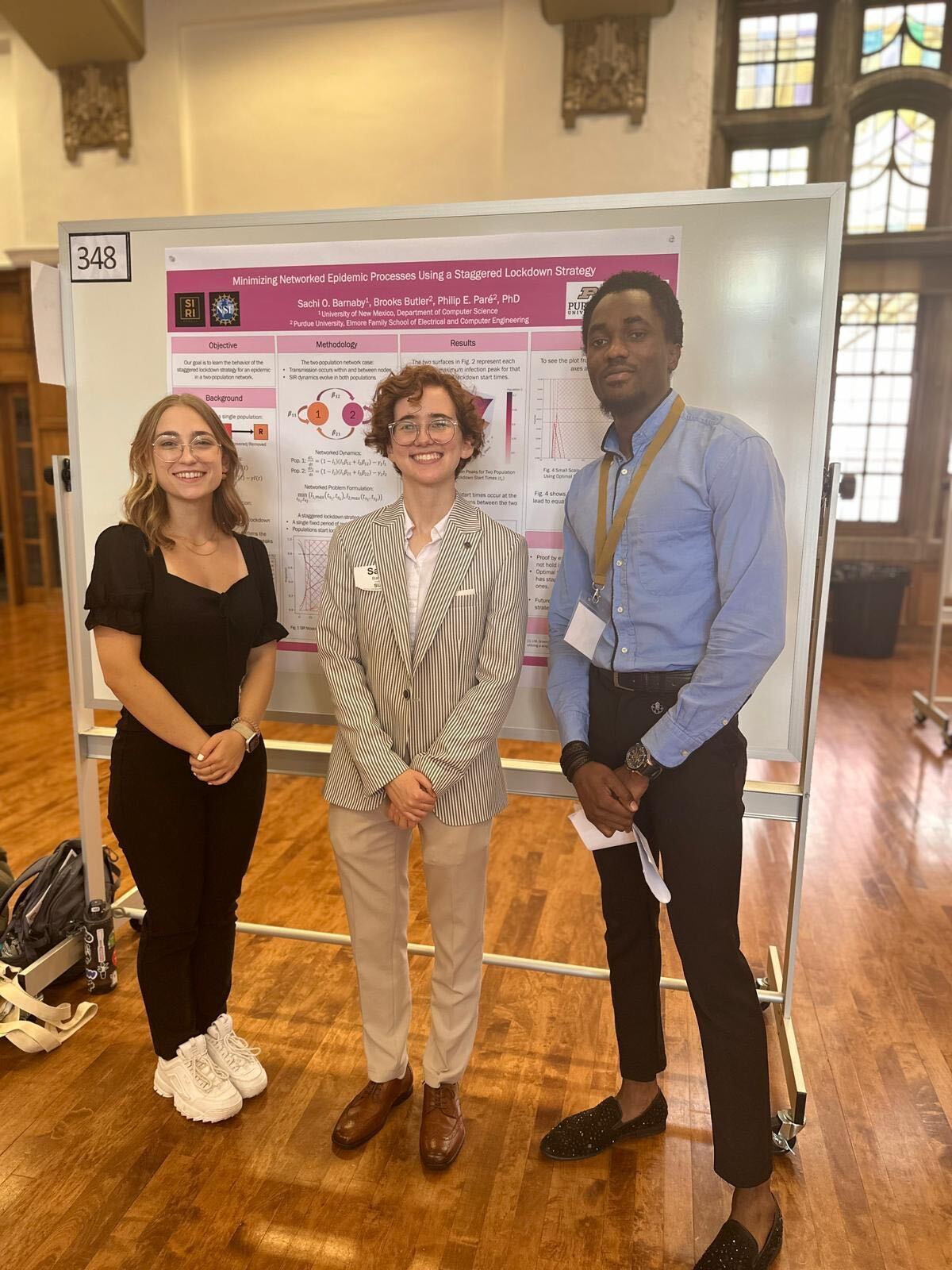How can we detect potential errors in autonomous systems, and in human interaction with autonomous systems, at the design stage, as opposed to after testing and implementation?
Our research focuses on providing assurances of safety and optimality in autonomous cyber-physical systems, despite uncertainty in the environment and in human interaction with the autonomous system. We seek to make autonomous systems truly human-centric, in a manner that can accommodate the heterogeneity and variability of humans, without sacrificing reliability or performance.

